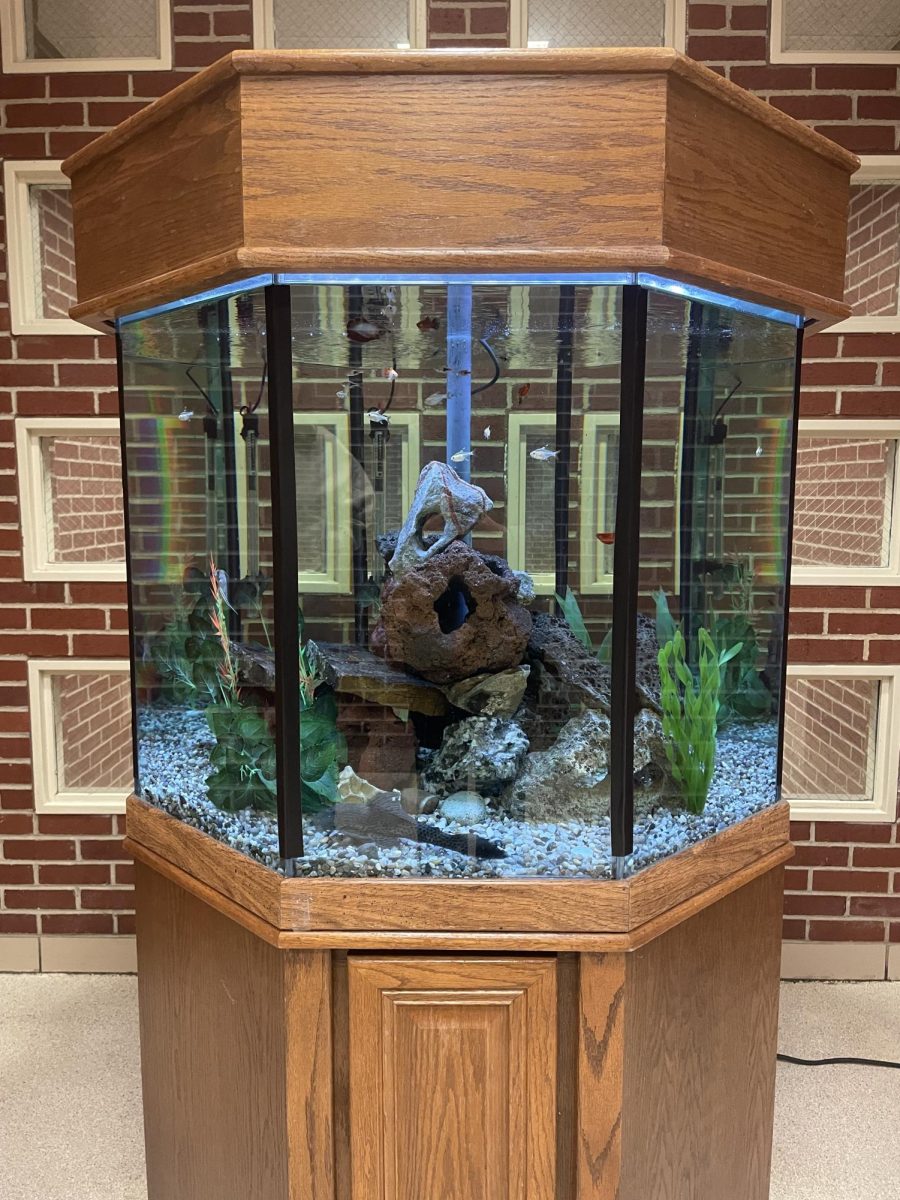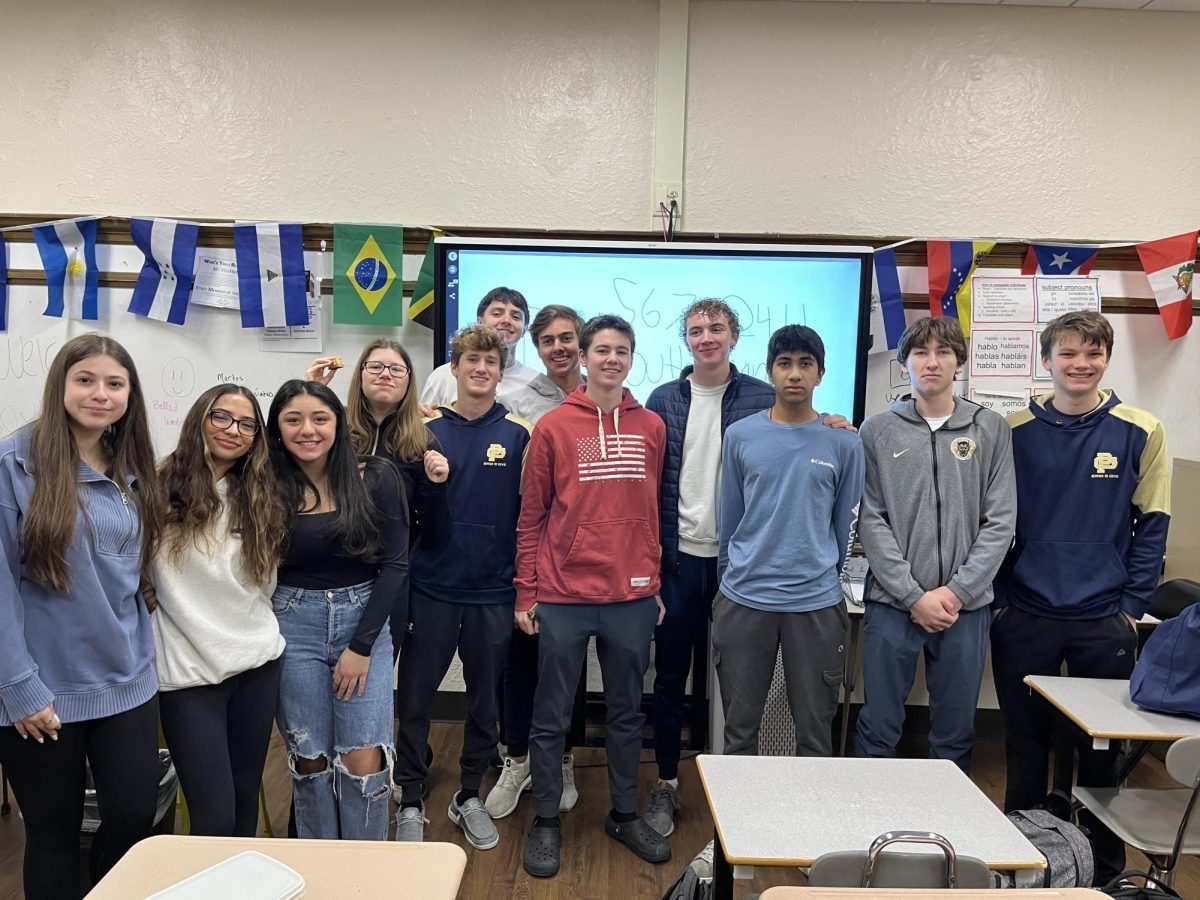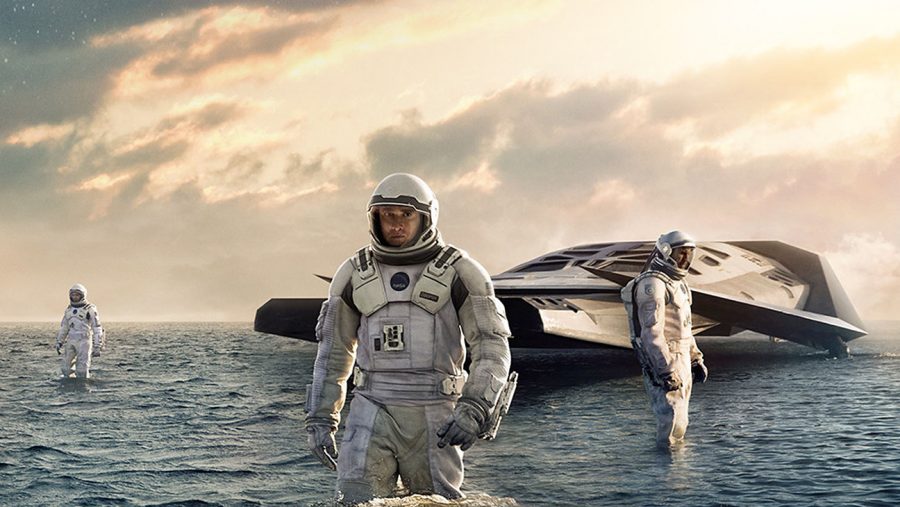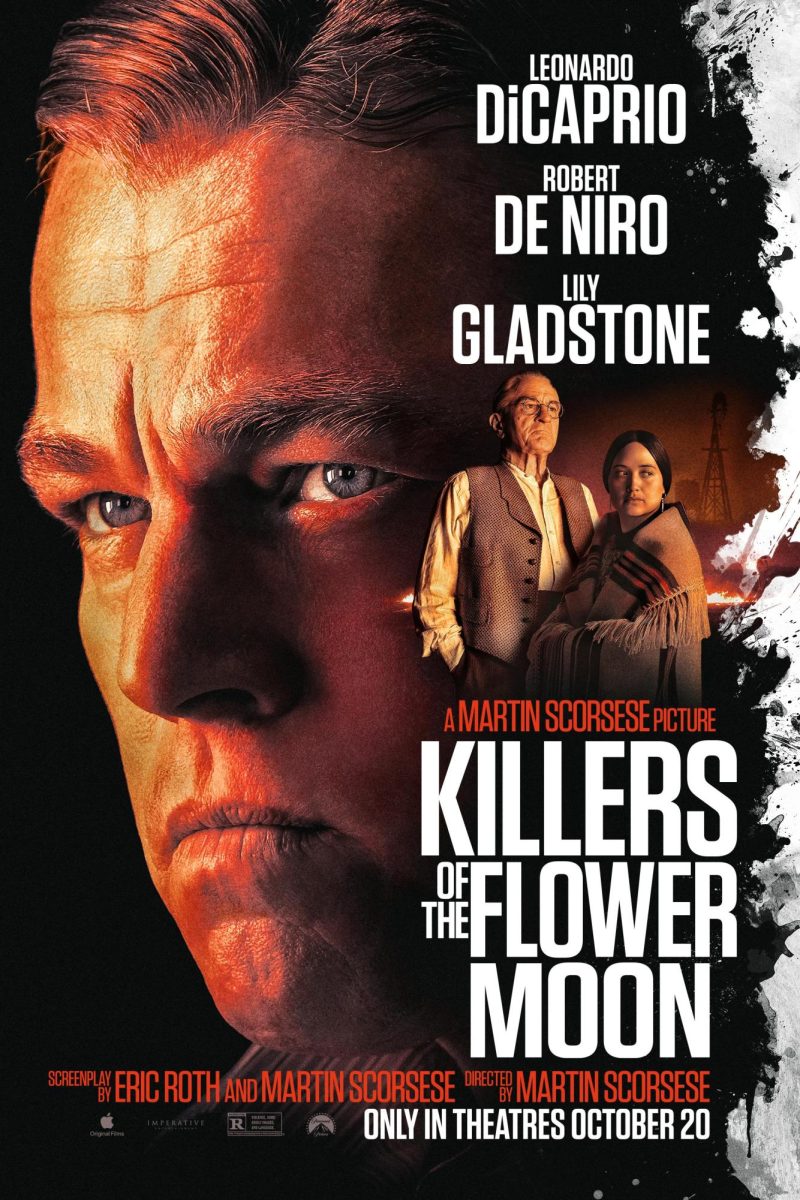By Paul Attard ’15 | Staff Writer
Christopher Nolan has worked on everything from relatively small budgeted mind-bending thrillers to big-budget action spectaculars, but with his new high-budget films, the mind-bending aspect seems to get lost in the process.
Nolan tries to still bend minds, but the effect tends to be lost whenever he has a character dump loads of explanation onto the audience. The crux of these films comes from audience reaction, them believing that they are intelligent for being able to follow a relatively easy narrative, and Nolan receives the massive amounts of cash each of his films have made. In his newest film “Interstellar,” Nolan tries to bend minds while also melting hearts, with little results on either end.
‘Interstellar” follows Cooper (Matthew McConaughey) as he leads a NASA mission to find sustainable life for humans on another planet, for Earth’s days are numbered. He, along with Amelia, (Anne Hathaway) go to where no human has gone before, with deep discussions of love’s place in the universe, while Cooper’s child Murph (Jessica Chastain) keeps things up on the homefront.
The beginning is relatively uninteresting, with some truly awful dialogue that either serves as poorly crafted exposition or intense explanation to pretty simple ideas (Amelia gives a speech about love that borderlines parody).
The film looks rather bland, with both planets having either a grey-water atmosphere or a grey- cold atmosphere. I won’t even bring up the Zimmer score, which does the usual Nolan thing of being loud and obnoxious. What I want to talk about, though, is the atrocious ending, the incredibly dumb conclusion that wants you to congratulate it for being “smart,” the selling point for any Nolan film. Heavy spoiler territory will be ahead, so skip the next four paragraphs if you haven’t seen the film yet.
Cooper, in the end, travels through a black hole after departing from his ship, and once the black hole enters the scene, any semblance of logic flies out the window. Oddly enough for a film this heavily explained, when it comes to the core of the story, where a clarification would be rather helpful, it’s nowhere to be found.
Essentially, my biggest problem comes in the form of Cooper’s ability to fix the past so the future will happen, all because people from the future are affecting his present.
He survives being in the black hole because people in the future are so advanced that they can affect the fifth dimension of the past, all because of Cooper and what he has done to change the future.This doesn’t even begin to work on the simple basis that the future can’t happen unless Cooper succeeds, something he can’t do unless he has help from the future.
So we see him interfere with the past and then “handshake” Amelia (a scene from earlier in the film), Nolan showing us how smart this movie really is by having the film come in on itself. In theory I don’t have a problem with going through a black hole (it’s where the film pays it’s big 2001 homage), but for a film so wanting to be taken seriously, it doesn’t suffice. It throws it right back into the audience’s face and expects them to applaud it.
Nearly everything else goes past worthwhile. The acting serves its purpose, given the fact that there are no real characters and the film is just bullet points of ideas. The worst comes from Chastain, who’s able to realize her father communicates with her inter-dimensionally through a bookshelf in what can only be described as “magical father-daughter bonds,” who whines about her father and then realizes his greatness. Her purpose is served and Nolan can move on.
One scene that conveys the humanity Nolan tries for with the film comes when Cooper watches his children grown up for 23 years. One of the planets we travels to has a time difference from Earth, where every hour makes up seven years on Earth. He cries and feels the pain of not being with his children, the closest thing to emotion the film can reach.



















































































